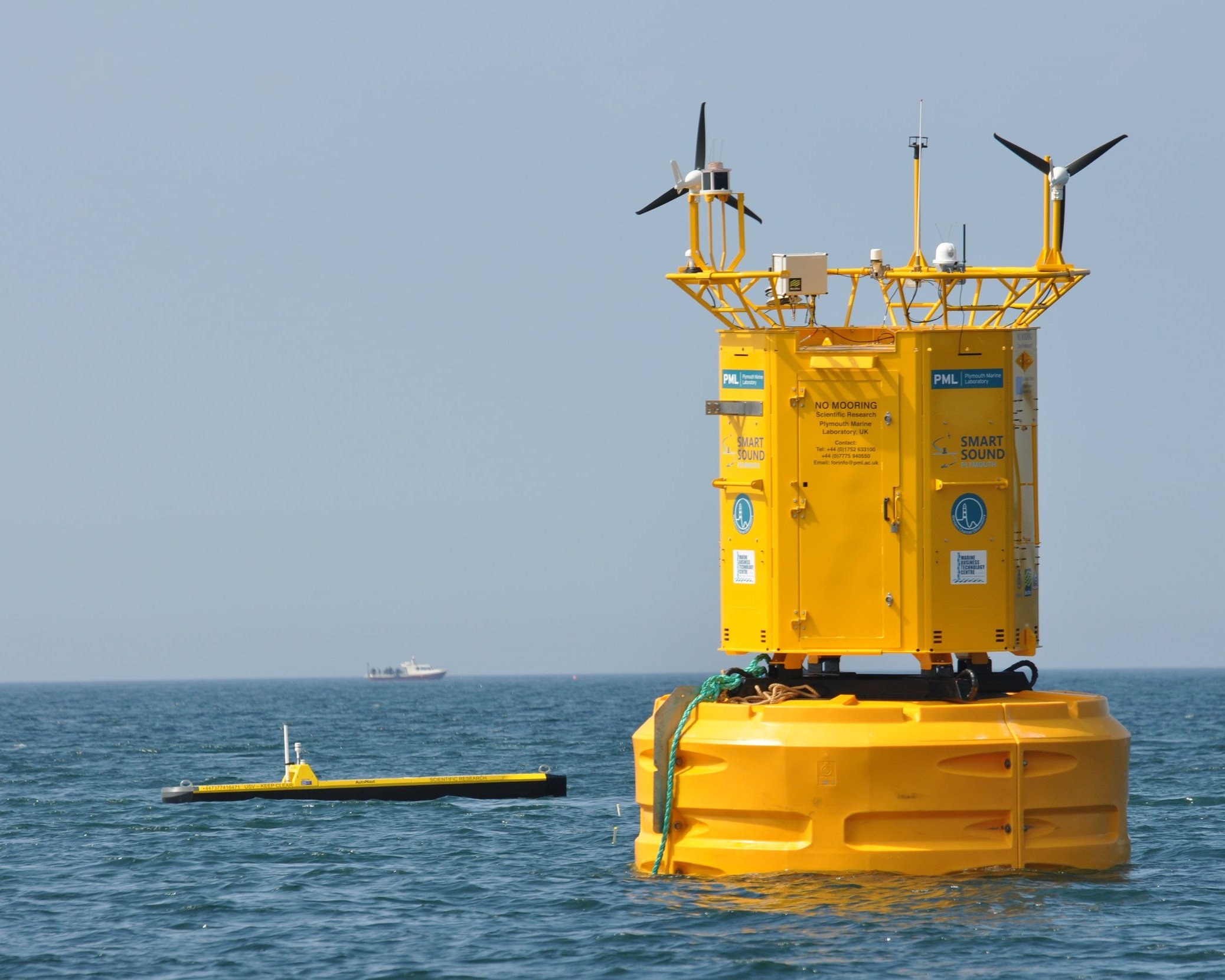
Ocean Acidification
The ocean plays a central role in mitigating climate change, absorbing heat and carbon emissions from human activities. However, the rise of fossil fuel-powered machinery has been the catalyst for the emission of billions of tonnes of carbon dioxide (CO2) and other gases into our atmosphere.
As CO2 dissolves in seawater, it forms carbonic acid, decreasing the ocean’s pH in a process called ocean acidification. Evidence from UNESCO suggests acidity levels in the ocean have increased by 26% since the beginning of the industrial era.
Marine Research Plymouth Alliance unites world-leading experts on a variety of aspects relating to this area, and its related impacts on the marine environment.
Our work to monitor the causes and effects of ocean acidification and warming continues to inform and guide national and international policy on these major challenges, and how they can be mitigated.
This includes research into the impact the oceanic heat sink has on ocean biology including species ranging from plankton to sharks. We are also involved in long-term studies using existing areas of heightened CO2 levels to examine the global effects of this issue over the coming century.
Our studies support the effective management of marine environments based upon new understandings of where plankton, fish and fisheries areas baggregate in relation to a changing habitats.







